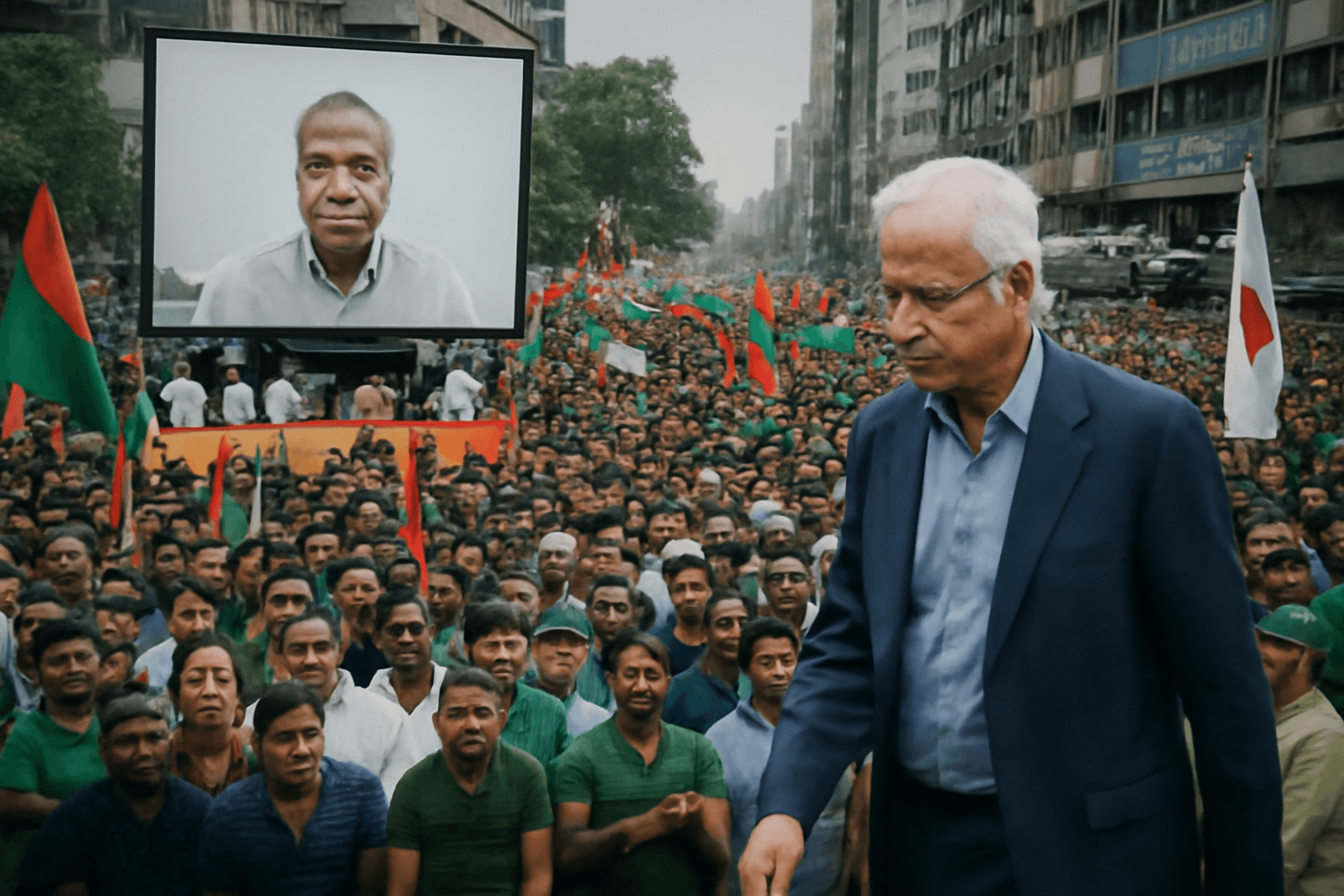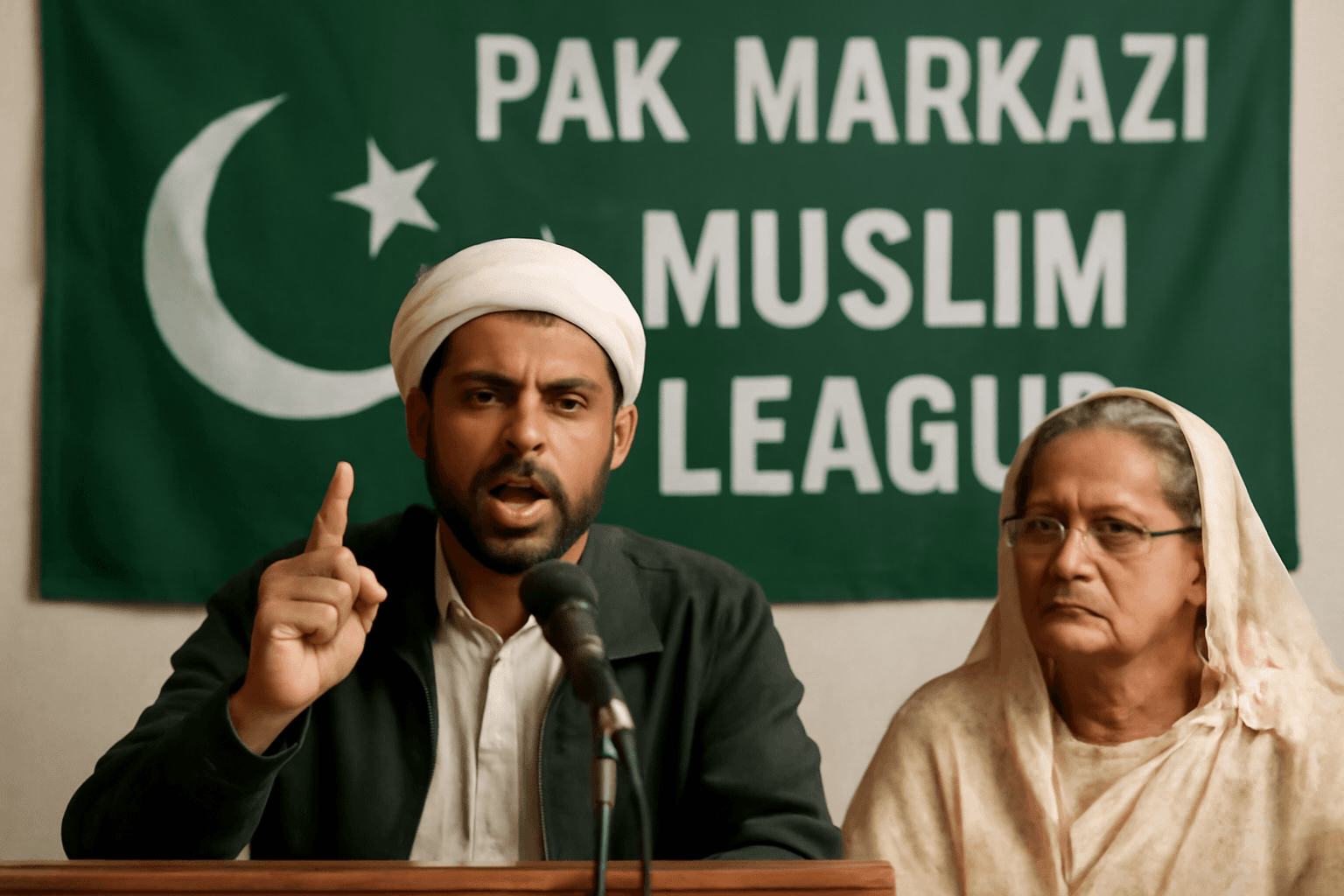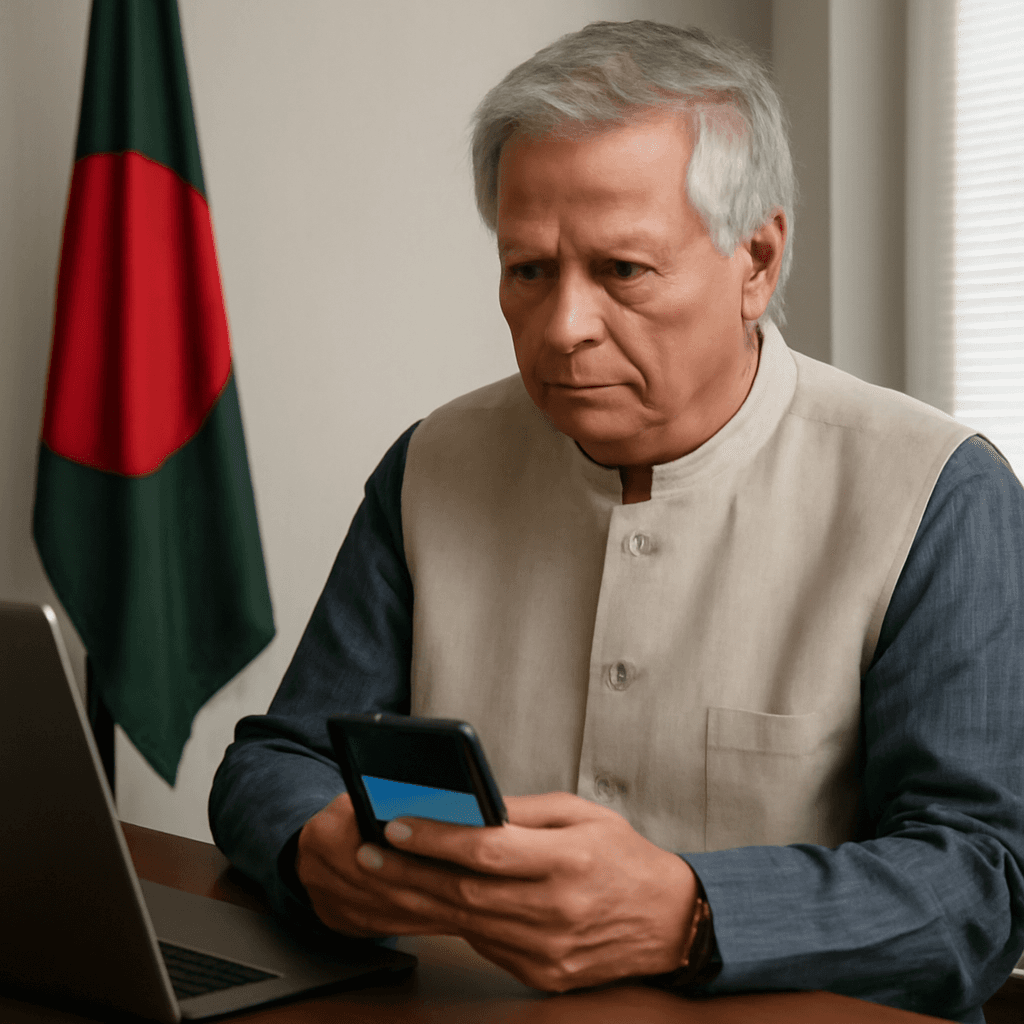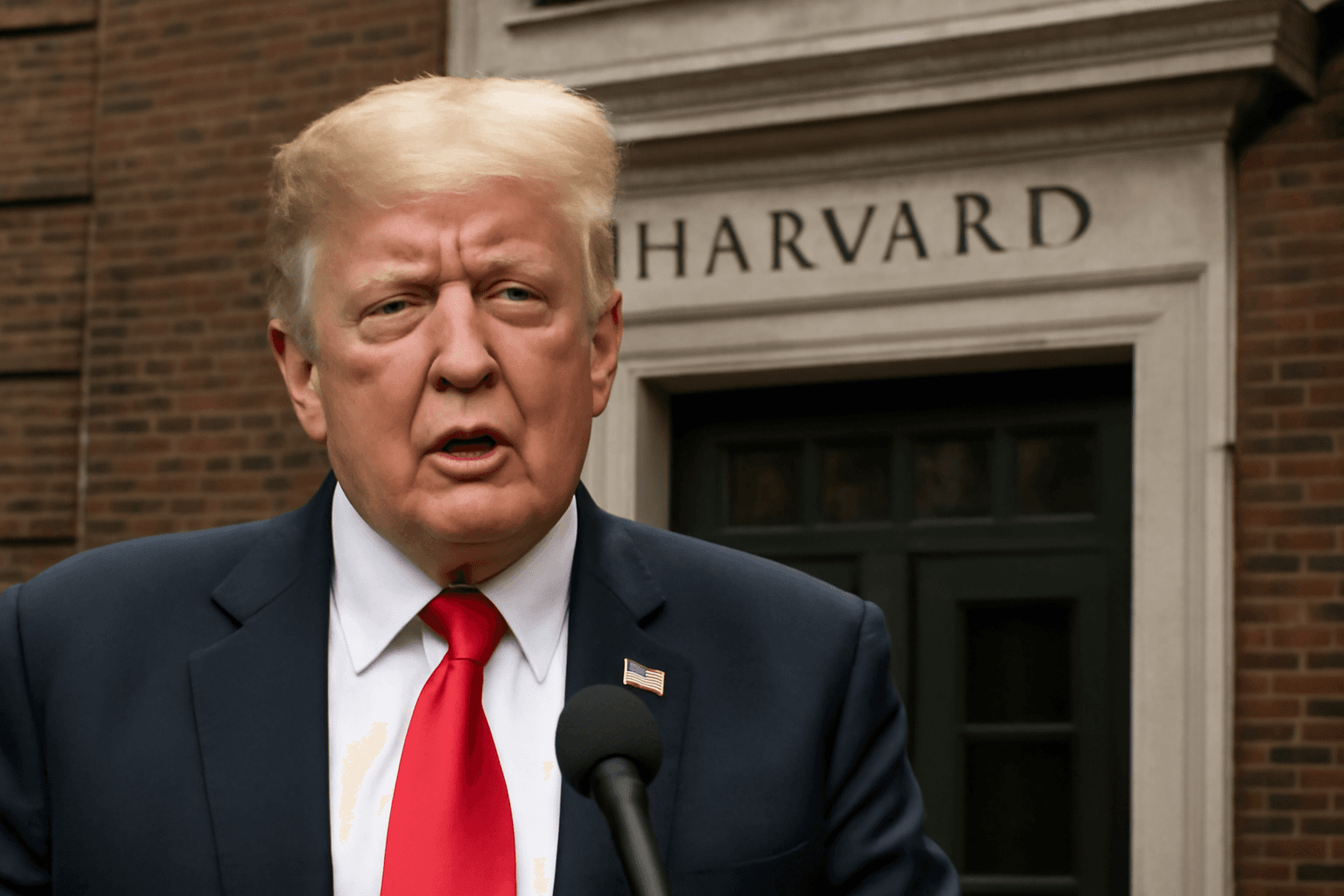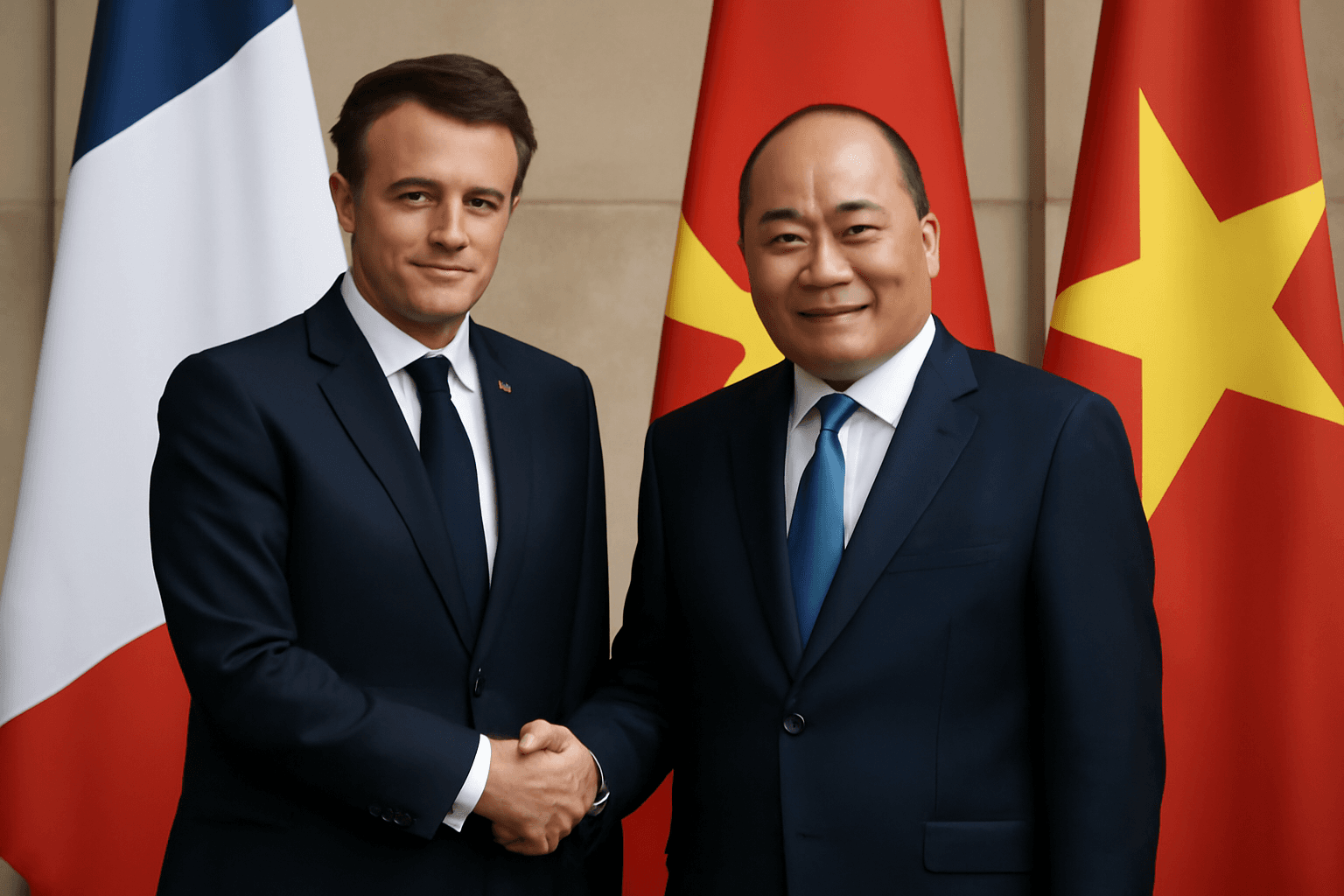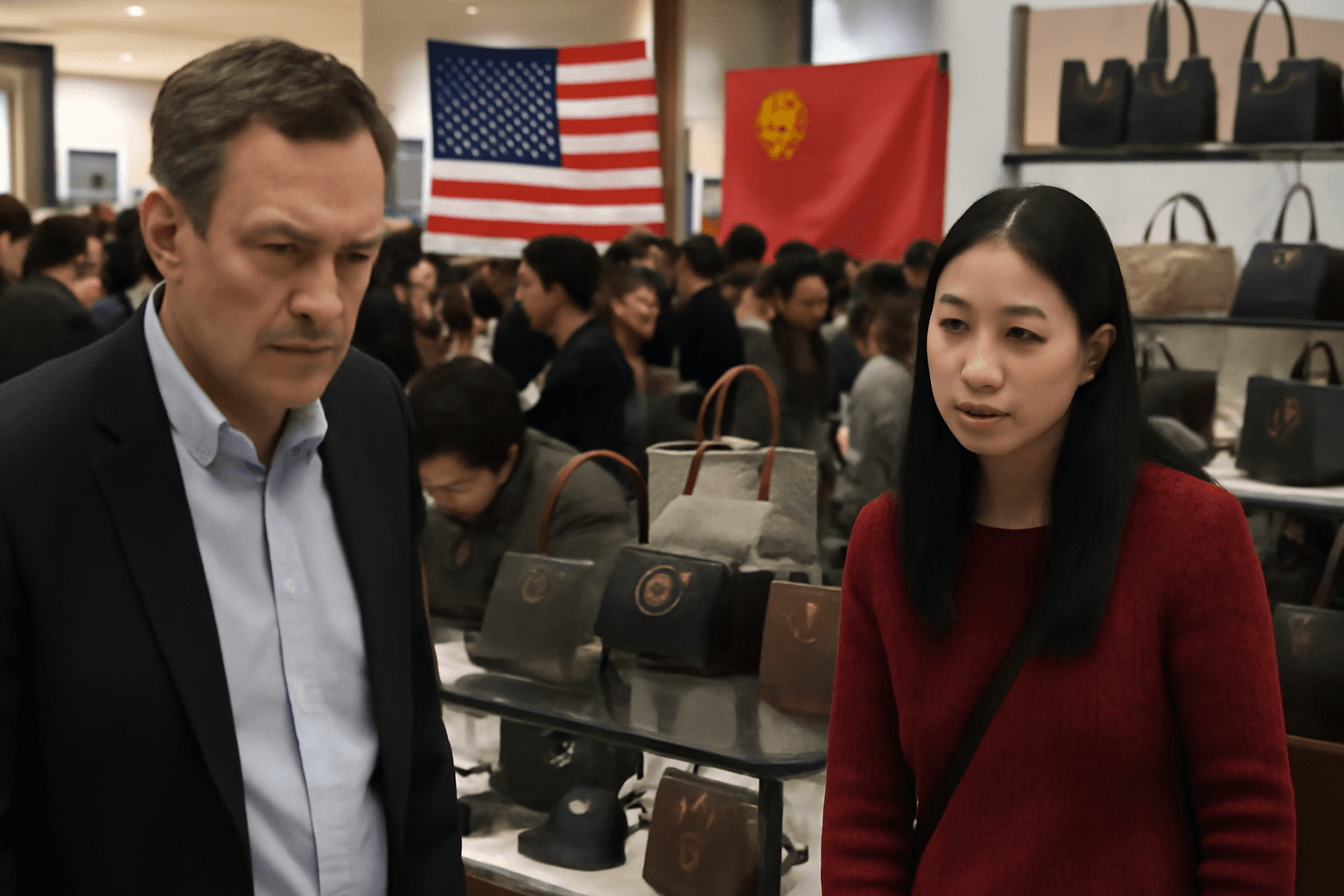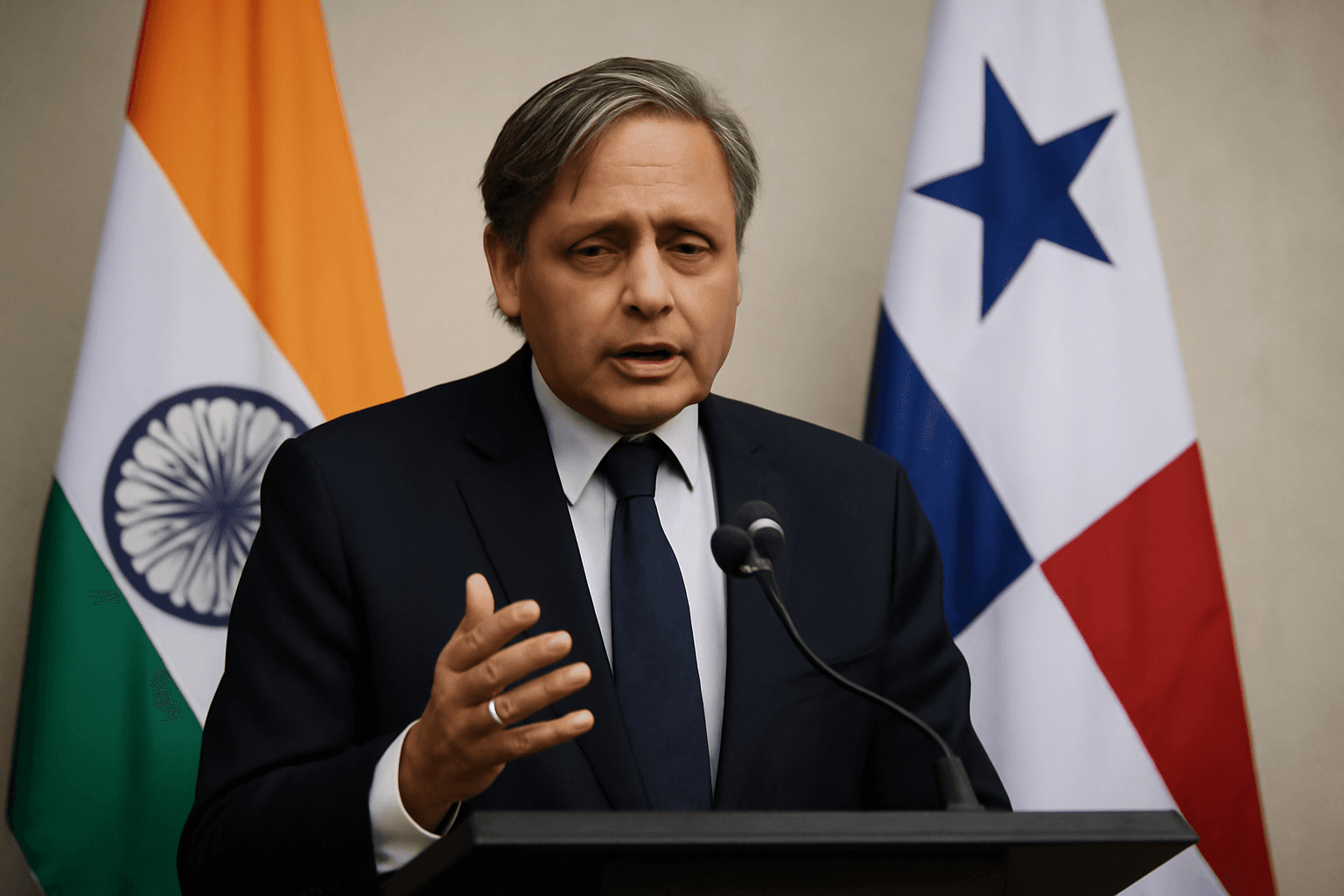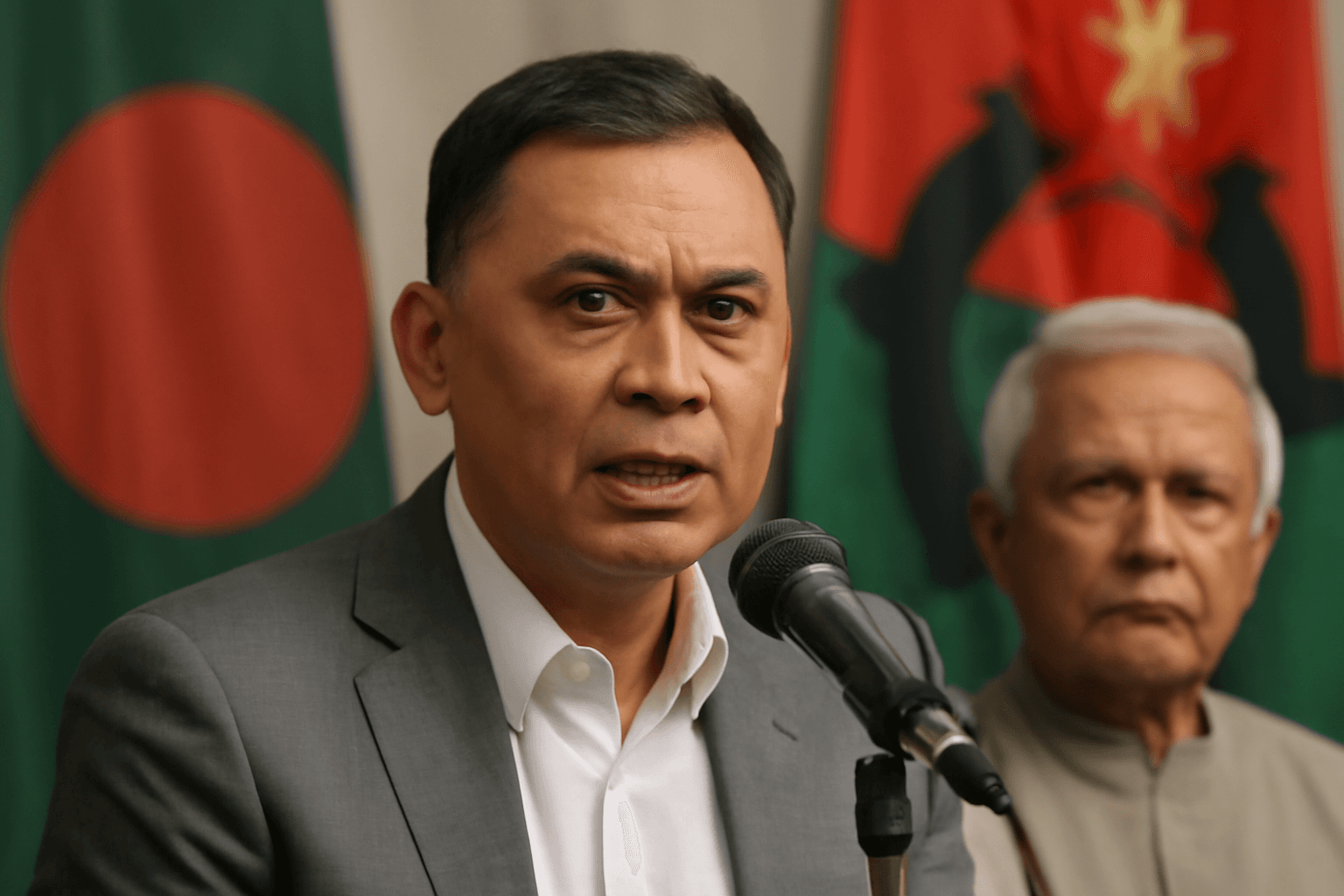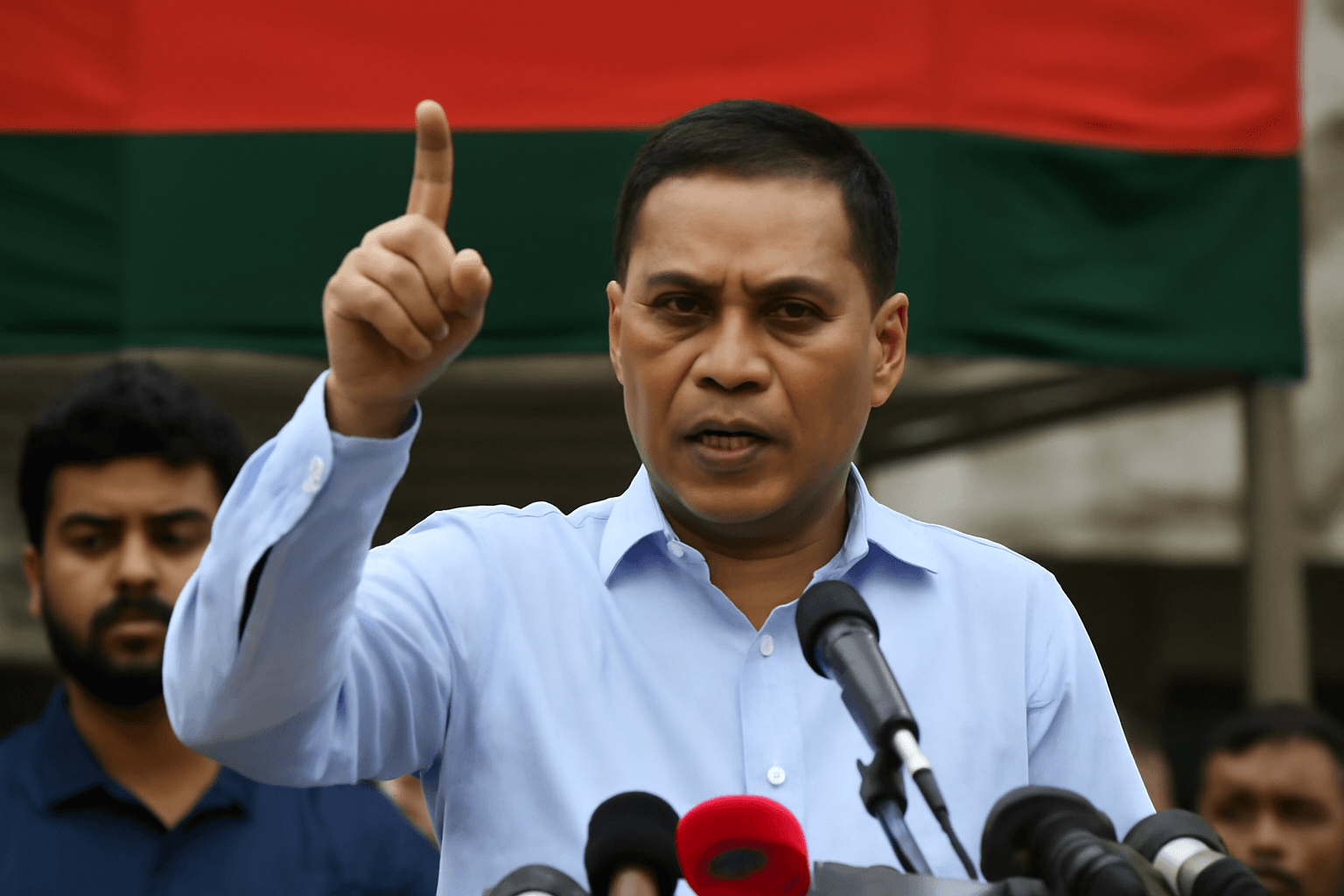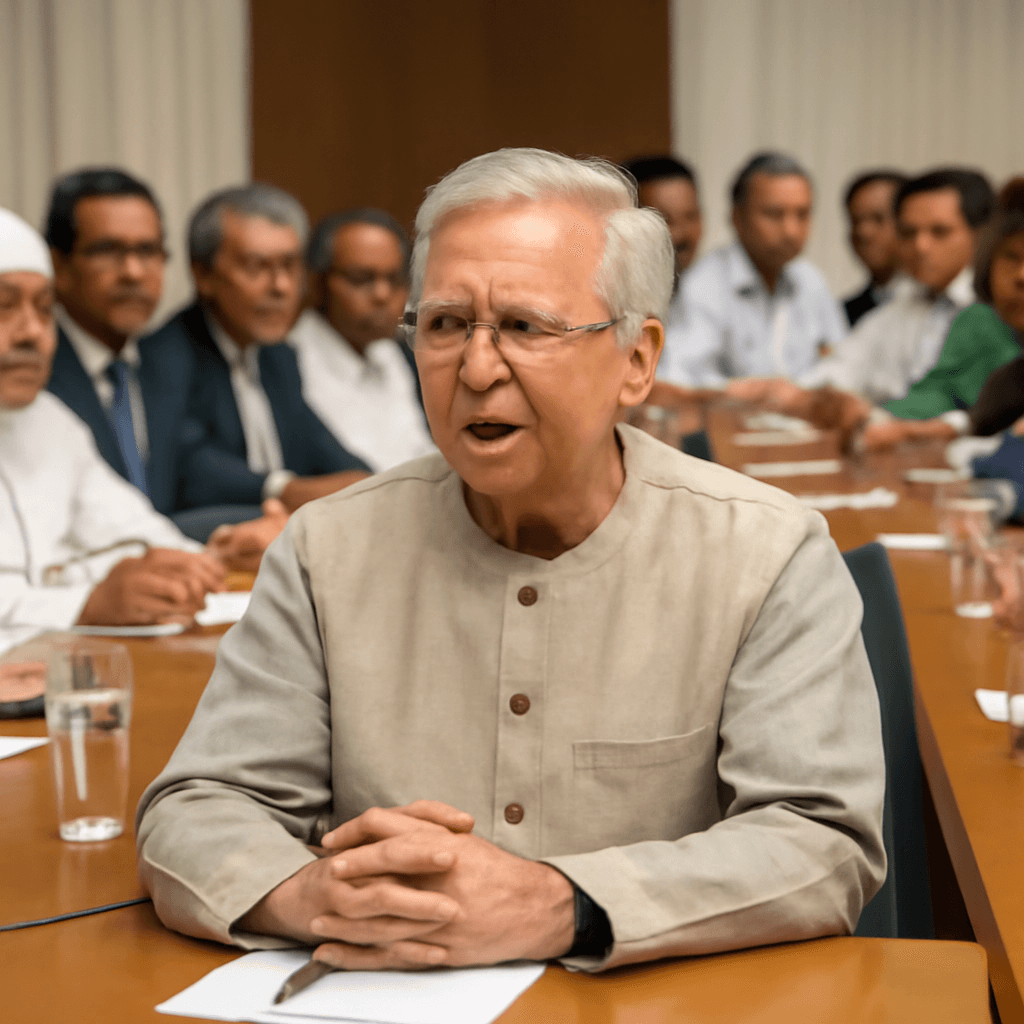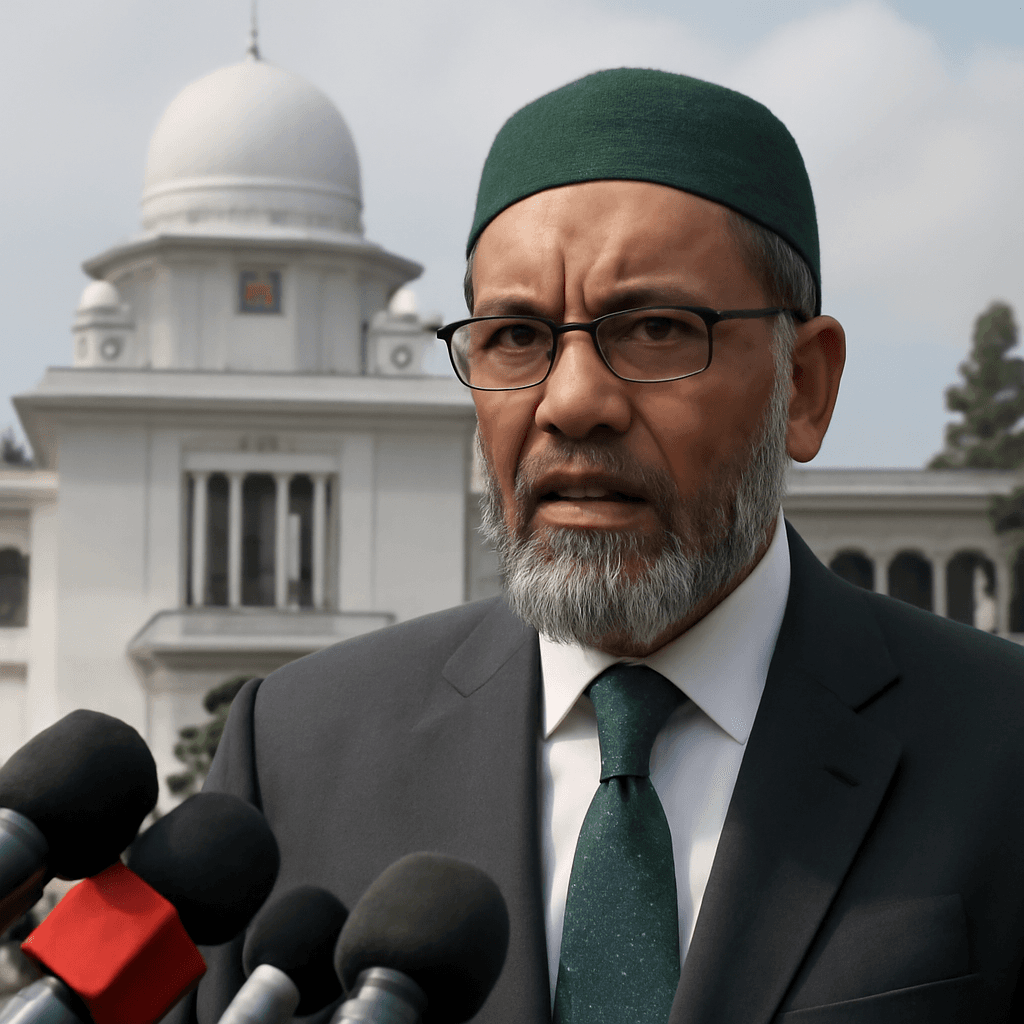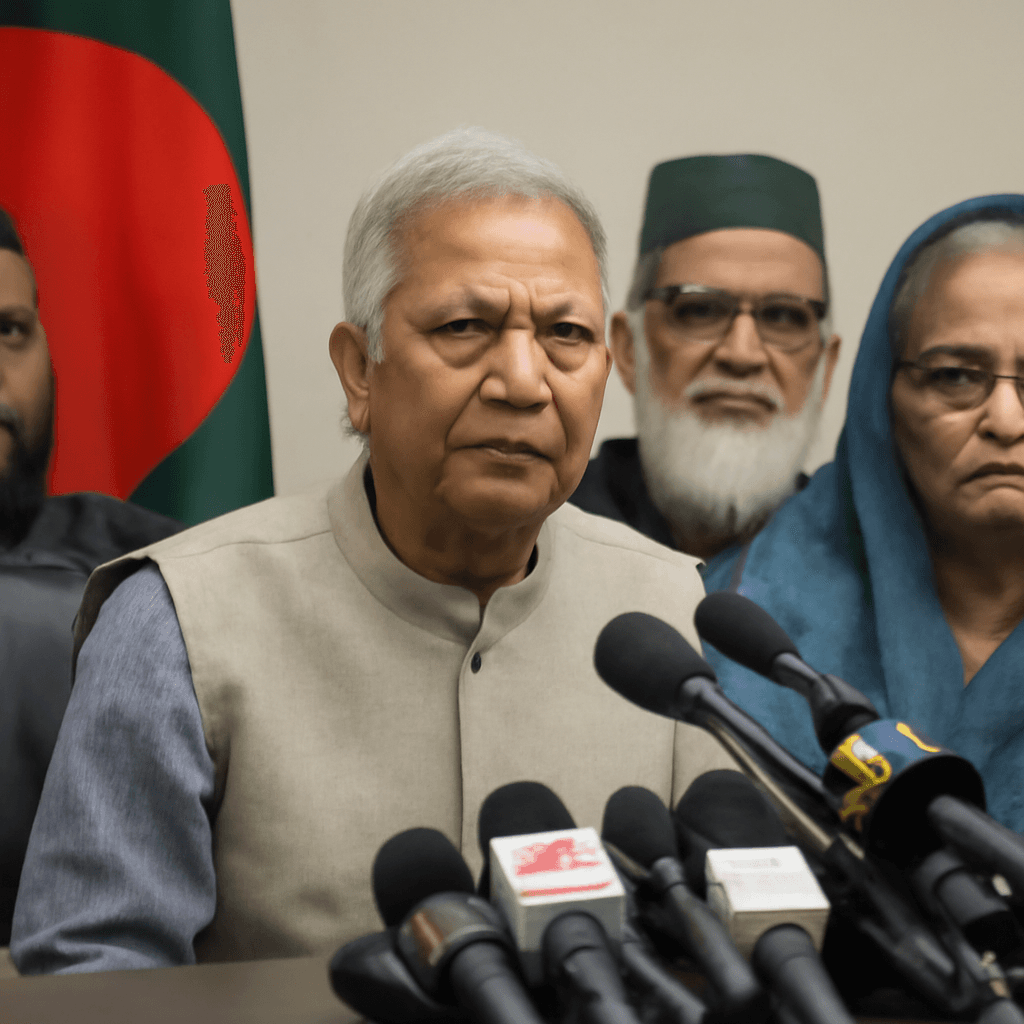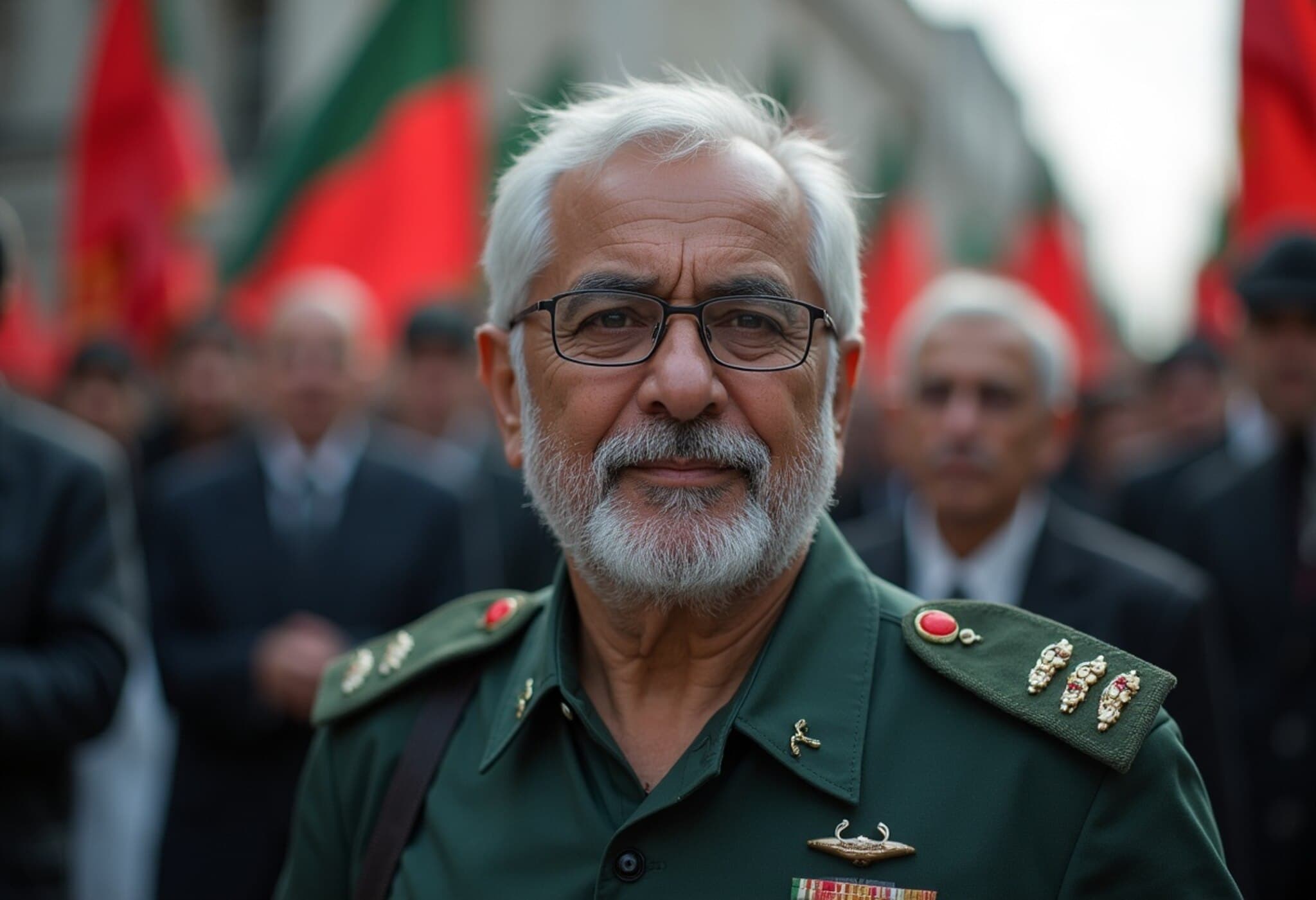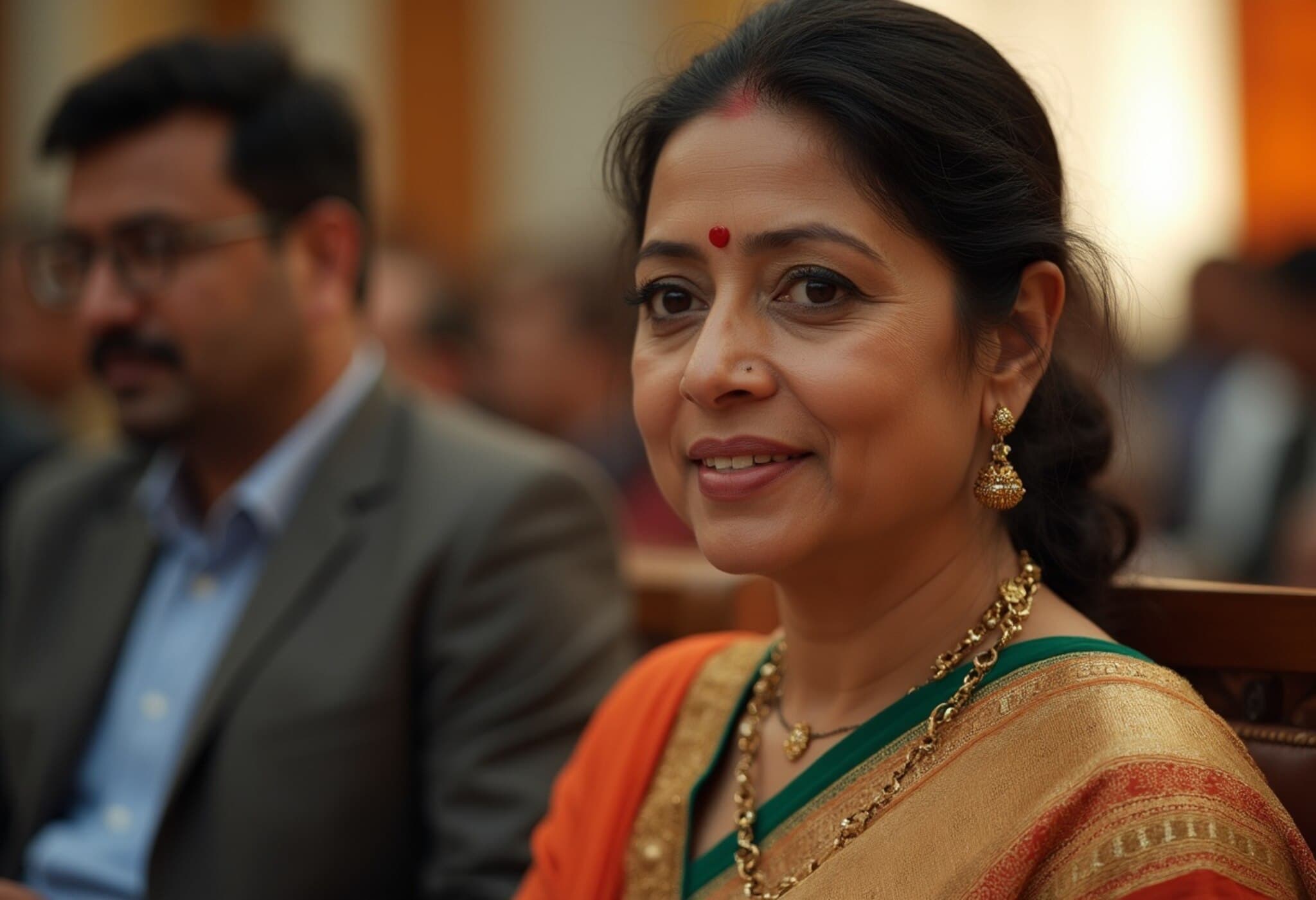A significant political rally was held in Dhaka today by three organizations affiliated with the Bangladesh Nationalist Party (BNP) as Muhammad Yunus began a four-day official visit to Japan.
The rally, themed "Rally for Establishing Youth Political Rights," was organized by the BNP's Jatiyatabadi Chhatra Dal, Jubo Dal, and Swechchhasebak Dal. Acting BNP Chairman Tarique Rahman addressed the event virtually as the chief guest, drawing attention due to his vocal criticism of the interim government headed by Muhammad Yunus.
Thousands of supporters gathered at the BNP central office in Nayapaltan, underscoring the party's push for youth engagement in politics. Earlier, on May 24, a BNP delegation met Muhammad Yunus at the State Guest House Jamuna to demand a clear and immediate election roadmap, with polls scheduled by December.
The BNP has consistently opposed the interim government's involvement in long-term policy decisions, urging it to prioritize nationwide elections and the peaceful transfer of power to a democratically elected administration. The party criticized government actions regarding national issues such as the Rohingya corridor and Chattogram port, insisting these should align with Bangladesh’s national interests.
Muhammad Yunus departed for Tokyo on Wednesday to participate in the 30th Nikkei Forum. During his stay, he is expected to meet Japanese Prime Minister Shigeru Ishiba on May 30 to discuss strengthening bilateral ties. Multiple Memorandums of Understanding (MoUs) focusing on investment, energy, and technology sectors are anticipated to be signed.
Back in Bangladesh, protests have erupted against the interim government's recent ordinance allowing the Ministry of Public Administration to dismiss public servants accused of misconduct without lengthy legal procedures. Government employees have condemned the measure as repressive, demanding its immediate revocation.
The interim government led by Yunus has faced resistance within the bureaucracy, highlighted by the resignation of the Foreign Secretary reportedly due to disagreements over the Rohingya corridor policy. The political landscape remains tense as the government navigates internal dissent and foreign diplomatic engagements.

